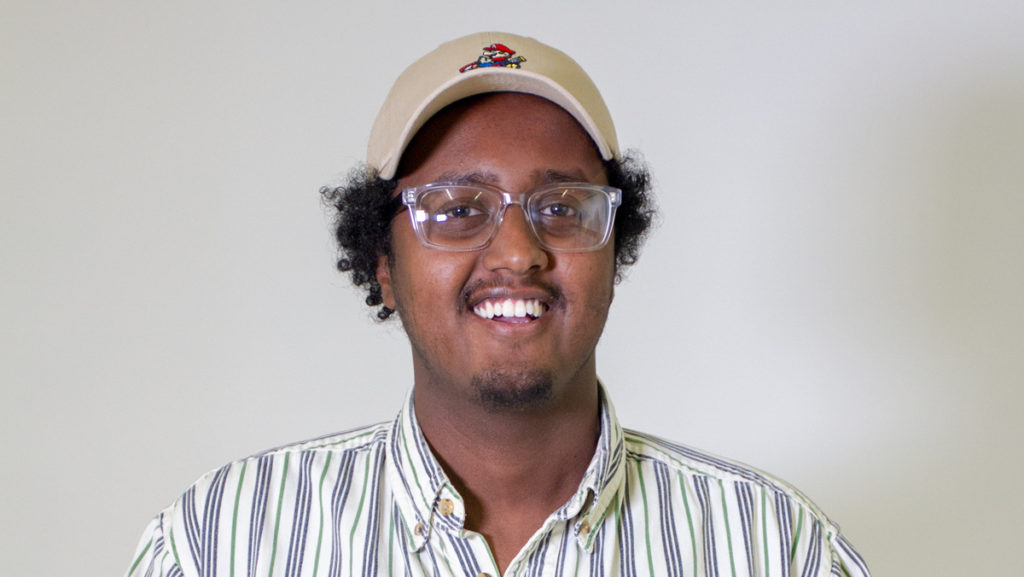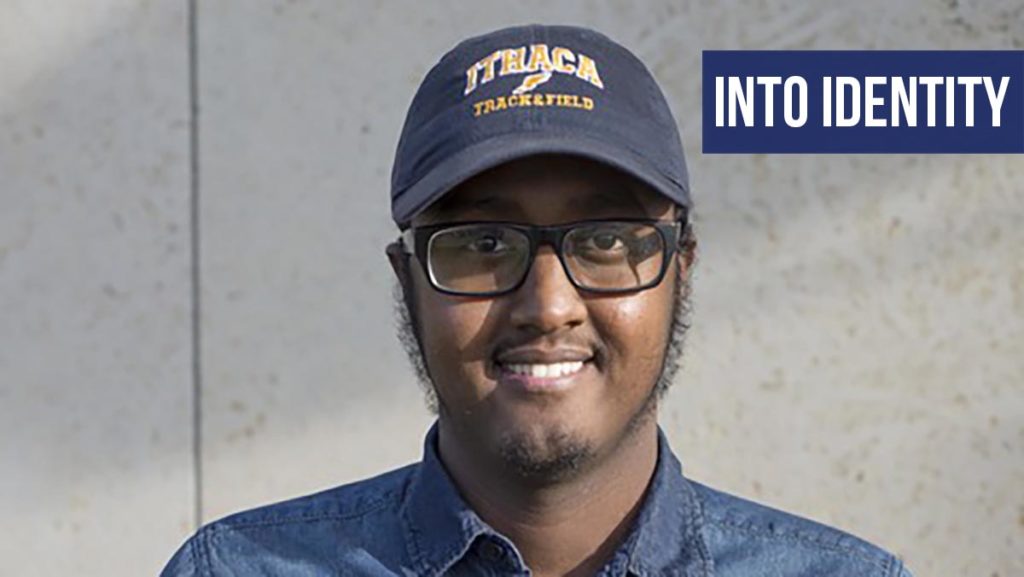My family fled the Somali civil war in the early 1990s and sought shelter at a refugee camp in Kenya, where I was born. We came to the U.S. through the diversity immigrant visa lottery and resettled in Minnesota, which has the largest Somali population in the U.S. This community is incredibly tight-knit, insular and deeply traumatized. And this trauma, which is the result of displacement and violence, is hardly talked about.
Mental health was never a topic that I discussed with my family because it was such a taboo subject. If someone was experiencing any sort of psychological vulnerability, their only recourse was to pray to Allah and recite the Qur’an. In other words, excessive religiosity was key to remaining mentally sound. If you displayed psychological problems, you automatically became a social pariah because it was believed that you were possessed with evil spirits, which is considered shameful in conservative Somali communities.
A good friend of mine, junior Sobeida Rosa, said negative attitudes toward mental health exist within the Latinx community as well. Rosa is from a Dominican and Puerto Rican background and has had her fair share of mental health problems. Similar to the Somali community, Rosa said Latinx families, particularly if they’re religious, also discredit individuals who are suffering from psychological disorders.
Because of the severe stigma surrounding mental health in certain ethnic communities, some POC students arrive to campus without a proper understanding of stress, anxiety, depression and other psychiatric illnesses. This has been the case from my experience. I was conditioned to believe that mental disorders are a figment of my imagination and advised not to express my emotions because it’s contrary to traditional masculinity. It wasn’t until I was admitted to a psychiatric hospital last year that I started taking my mental illness more seriously. Part of the reason I delayed seeking treatment was because I “felt okay” until one day I had difficulties breathing and experienced my first-ever panic attack.
For minority students, balancing academia and mental health is even more challenging considering the barriers marginalized students face when it comes to surviving and thriving in higher education. According to a study conducted by the JED Foundation and Steve Fund, students of color were more likely to report experiencing mental health problems compared to their white peers. Because some students of color, such as Rosa and I, grew up in communities that stigmatize mental illness, it’s created a situation where they’re less likely to reach out for help. This is due in part to a lack of resources on campus, mistrust of the health care system and economic barriers.
Due to the rising mental health crisis on campuses, some colleges and universities are incorporating therapeutic courses into their academic curriculums. For instance, the University of Southern California has a one-credit class focused on “well-being” and “success.” The class doesn’t require homework. Instead, students are encouraged to have frank conversations about essential questions that every college kid ruminates about: What does it mean to have a fulfilling life? How can one thrive in college? I think courses like these are helpful because they preemptively tackle the challenges college students face.
I think it would be beneficial if Ithaca College put wellness into the curriculum. It could help students, especially students of color, navigate their way through the complicated landscape of academia while taking good care of themselves.






